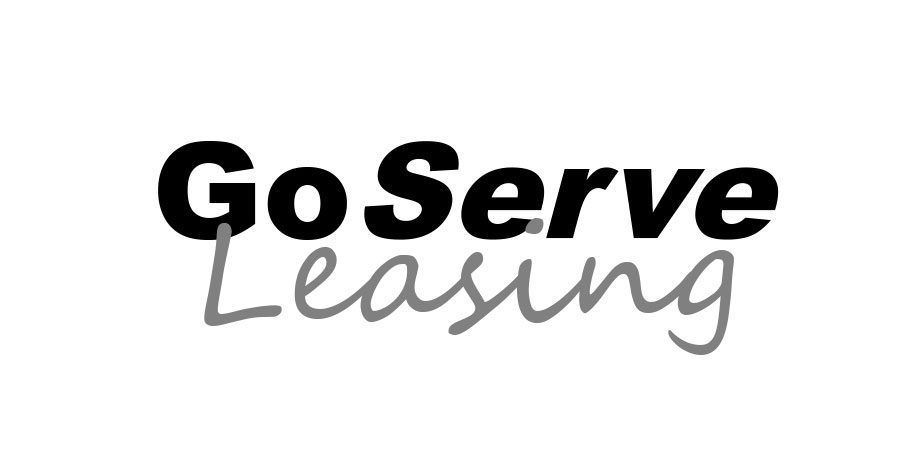- At roundtable, Nessel blasts federal SNAP turmoil as Michigan communities face rising need
- Whitmer signs Republican-led push for Michigan earmark reforms into law
- Trump administration urged by US House Dems to act on health insurance claim denials
- Former Congressman Andy Levin endorses El-Sayed’s U.S. Senate bid in joint op-ed
- Michigan regulators to host public hearing on DTE contracts for Saline Township data center
- US Senate agrees with overwhelming House vote to force release of Epstein files
- Trump administration unveils plan to try to dismantle Department of Education
- Report concludes that financial resources are the biggest driver of Michigan health outcomes
- Tlaib and Thanedar among Democrats pressing ICE for answers on detainment of pregnant women
- Shortage of rural doctors won’t end anytime soon, report says

The Michigan Health Council (MHC) just released their Michigan Healthcare Workforce Index. The Michigan Healthcare Workforce Index (MHWI) is a comprehensive study of 36 healthcare occupations in Michigan. Combining data from Lightcast, the Association of American Medical Colleges (AAMC) and the Accreditation Council for Graduate Medical Education (ACGME); MHC ranked each healthcare occupation and made comparisons across occupations. The purpose of ranking and comparing occupations was not to conclude that some occupations are better than others. In a world of finite resources, MHC’s goal iss to help decision-makers quickly understand the current state of individual occupations and the collective healthcare workforce.
MHC wants decision-makers to use the MHWI to determine how to invest limited employee development time and resources for maximum effect. MHC believes that the insights and analysis gleaned from the MHWI will inform discussions about the best ways to build Michigan’s healthcare workforce:
https://www.mhc.org/_files/ugd/0e45cc_bf24a7c386aa4dcbbdbe65e0b9873238.pdf
Nearly all Michigan healthcare jobs will face shortages within 10 years, report finds
By Kate Wells | July 20, 2023Nearly every healthcare occupation in Michigan will experience staff shortages over the next 10 years, with mental health services and lower-paying jobs facing some of the biggest challenges. That’s according to a new report analyzing wages, turnover, expected growth, and shortages of 36 healthcare positions, from the nonprofit Michigan Health Council.
“There's obviously been a lot of anecdotal stories, really since the beginning of 2020, about the difficulties facing our health care workforce,” said MHC research director Michelle Wein. “And so to see that reflected in the numbers over the next 10 years, and to see that there were going to be shortages really across the board … you're able to sort of put data to the stories that you've been hearing.”
Even the jobs that aren’t expected to face shortages are dealing with distribution problems, the report finds: Workers are clustered disproportionately in urban parts of the state, leaving rural residents with fewer options for care.
“And Michigan has a lot of rural areas, so I think that that's a really specifically Michigan problem, where you're trying to bring people to parts of the state that aren't necessarily seen as the most desirable working location,” Wein said.
Behavioral health (including mental health and substance abuse treatment fields) will be especially critical areas, the report found, citing an increase in reports of anxiety and depressive disorders, as well as an increase in drug overdose death rates in the state, and an age-adjusted suicide rate higher than the national level.
“The crisis surrounding behavioral health occupations cannot be overlooked,” it states. "Expanding access to behavioral health care in all of Michigan to the same rates of care seen in the best access areas of the state would improve access for 336,000 people with a mental illness and 85,000 people with a [substance use disorder]. All of this establishes the need for more growth in all behavioral health occupations – from psychiatrists to substance abuse counselors.”
Get MHF Insights
News and tips for your healthcare freedom.
We never spam you. One-step unsubscribe.

















